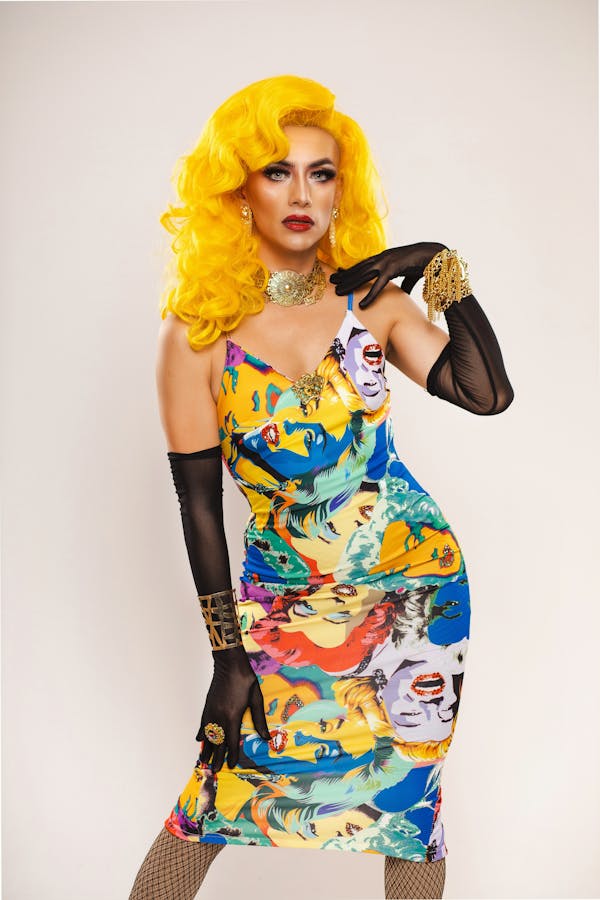

In the annals of modern American justice, few figures have sparked as much controversy and debate as Marilyn Mosby. As Baltimore’s former State’s Attorney, she rose to national prominence through her unwavering commitment to criminal justice reform. However, her career has been marred by legal challenges that have led some to question the fairness of the judicial process. The call for “Justice For Marilyn Mosby” is not just about one woman’s legal battles; it is a broader commentary on the intersections of race, power, and the pursuit of equity within the American legal system.
The Rise of a Reformer
Marilyn Mosby’s ascent to the role of State’s Attorney was emblematic of a new wave of prosecutors committed to reforming a justice system that many see as inherently biased and unjust. Elected in 2014, Mosby quickly became a household name, particularly after her decision to charge six police officers in the death of Freddie Gray, a Black man whose 2015 death while in police custody became a flashpoint for national discussions on police brutality and systemic racism.
Mosby’s actions were seen by many as a bold stand against a deeply entrenched culture of impunity within law enforcement. However, these same actions made her a target of fierce criticism and intense scrutiny. The very forces that praised her for her courage also contributed to her eventual legal woes, raising questions about the price of challenging the status quo and the true nature of “Justice For Marilyn Mosby.”
The Legal Struggles
Mosby’s legal troubles began with allegations of mortgage fraud and perjury, charges that her supporters argue were politically motivated. The case against her centered on accusations that she lied on mortgage applications to purchase vacation homes in Florida, while also allegedly taking advantage of COVID-19 relief funds. For her detractors, these charges were a clear indication of misconduct. For her supporters, they were yet another example of how powerful figures within the justice system can be targeted when they attempt to reform it from within.
The prosecution of Mosby has been marked by a level of fervor that seems disproportionate to the crimes she was accused of committing. This has led many to cry foul, arguing that “Justice For Marilyn Mosby” cannot be achieved in a system that punishes those who seek to challenge its inequities. The legal system, they argue, is being used as a weapon against a woman who dared to confront its flaws.
The Role of Race and Gender
One cannot discuss “Justice For Marilyn Mosby” without acknowledging the roles that race and gender have played in her journey. As a Black woman in a position of power, Mosby represents a demographic that has historically been marginalized within the American legal system. Her rise to prominence was a beacon of hope for many, but it also placed her in the crosshairs of those who were uncomfortable with the changes she sought to implement.
The treatment of Mosby by the media and the legal system has often been harsh and unforgiving. Her critics have been quick to label her as corrupt, while her supporters see her as a victim of a system that disproportionately targets people of color and women. This duality in perception underscores the complexities of seeking “Justice For Marilyn Mosby.” It raises important questions about how society treats those who deviate from the expected norms, particularly when they are members of historically oppressed groups.
The Call for Justice
The movement advocating for “Justice For Marilyn Mosby” is not just about clearing her name or reversing her legal troubles. It is about demanding fairness and accountability within a system that too often fails those who seek to change it. Supporters argue that Mosby’s prosecution was less about the alleged crimes she committed and more about punishing her for her role in challenging systemic injustices.
This call for justice is rooted in a deep-seated belief that the American legal system is in dire need of reform. Mosby’s case is seen as a litmus test for whether true justice can be achieved in a system that has historically been stacked against people of color, particularly those who rise to positions of power. The demand for “Justice For Marilyn Mosby” is therefore a demand for a more equitable and just legal system, one that does not punish those who seek to reform it.
A Broader Implication
The implications of the “Justice For Marilyn Mosby” movement extend far beyond the confines of her personal legal battles. It is part of a larger conversation about the role of prosecutors in the justice system and the need for greater accountability and transparency. Mosby was part of a wave of progressive prosecutors who have sought to implement reforms aimed at reducing mass incarceration, addressing police misconduct, and creating a more equitable legal system.
The backlash against these reforms, and against Mosby specifically, highlights the challenges that reformers face when they seek to disrupt the status quo. The question of “Justice For Marilyn Mosby” is thus also a question of whether the American legal system is truly capable of change, or whether it will continue to punish those who seek to improve it.
Conclusion
The call for “Justice For Marilyn Mosby” is not just about one woman’s struggle against a legal system that many believe is flawed. It is a call for a broader reckoning with the injustices that pervade that system and a demand for a more equitable approach to justice. As the legal battles continue, and as the conversation around Mosby’s case evolves, the need for a fair and just resolution becomes increasingly clear. Whether or not justice will ultimately be served in this case remains to be seen, but what is certain is that the fight for justice, fairness, and equity within the legal system is far from over.




